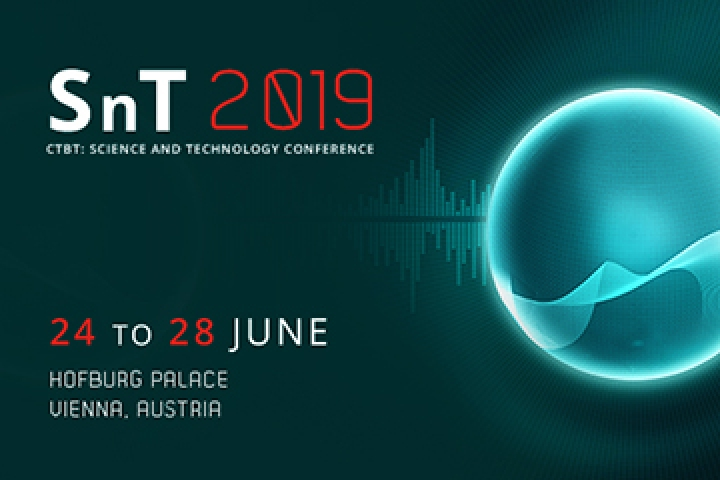Speaker
Description
Aftershocks from very large earthquakes cause significant difficulties and delays in producing seismic event bulletins. Not only are there many more events to process in a given time, the cost function of generating a reviewed bulletin increases greatly due to poorer automatic event lists. The phase-association algorithms which form the automatic bulletins operate best under normal background conditions. The aftershock scenario generates rapid sequences of arrivals which are often misassociated, increasing human analyst effort significantly. We propose an advanced, iterative, processing pipeline in which arrivals associated with well-defined events in one iteration are removed from the parametric data-streams, prior to being processed by the phase-associator in the next iteration. The intention is to generate a robust and accurate automatic event bulletin which adapts according to the context of current seismicity. This will provide a far better starting point for human analyst review. For any given aftershock sequence, we demonstrate how most of the seismic events in a target region encompassing the likely extent of aftershocks can be detected and located by a focused region-optimized algorithm. Removing all phases associated with these events from the detection lists provides phase-association algorithms with the near-normal background state in which they are optimal.

